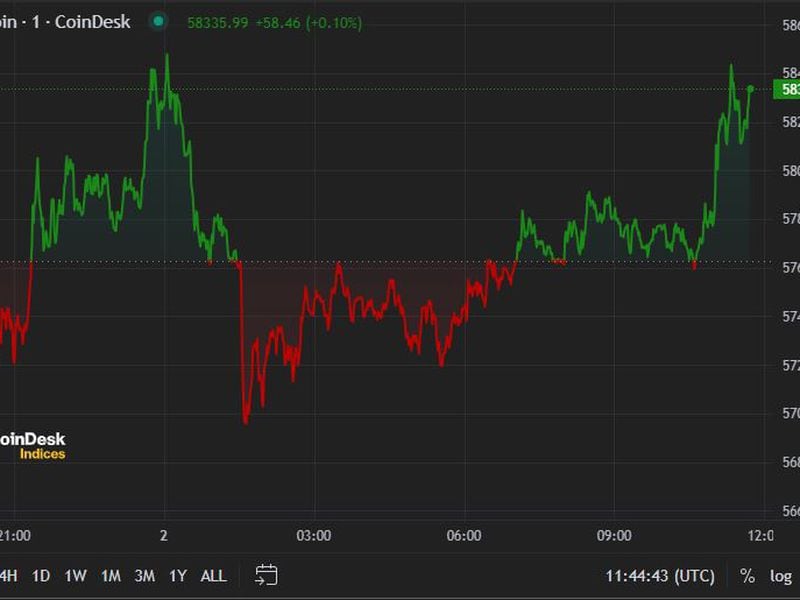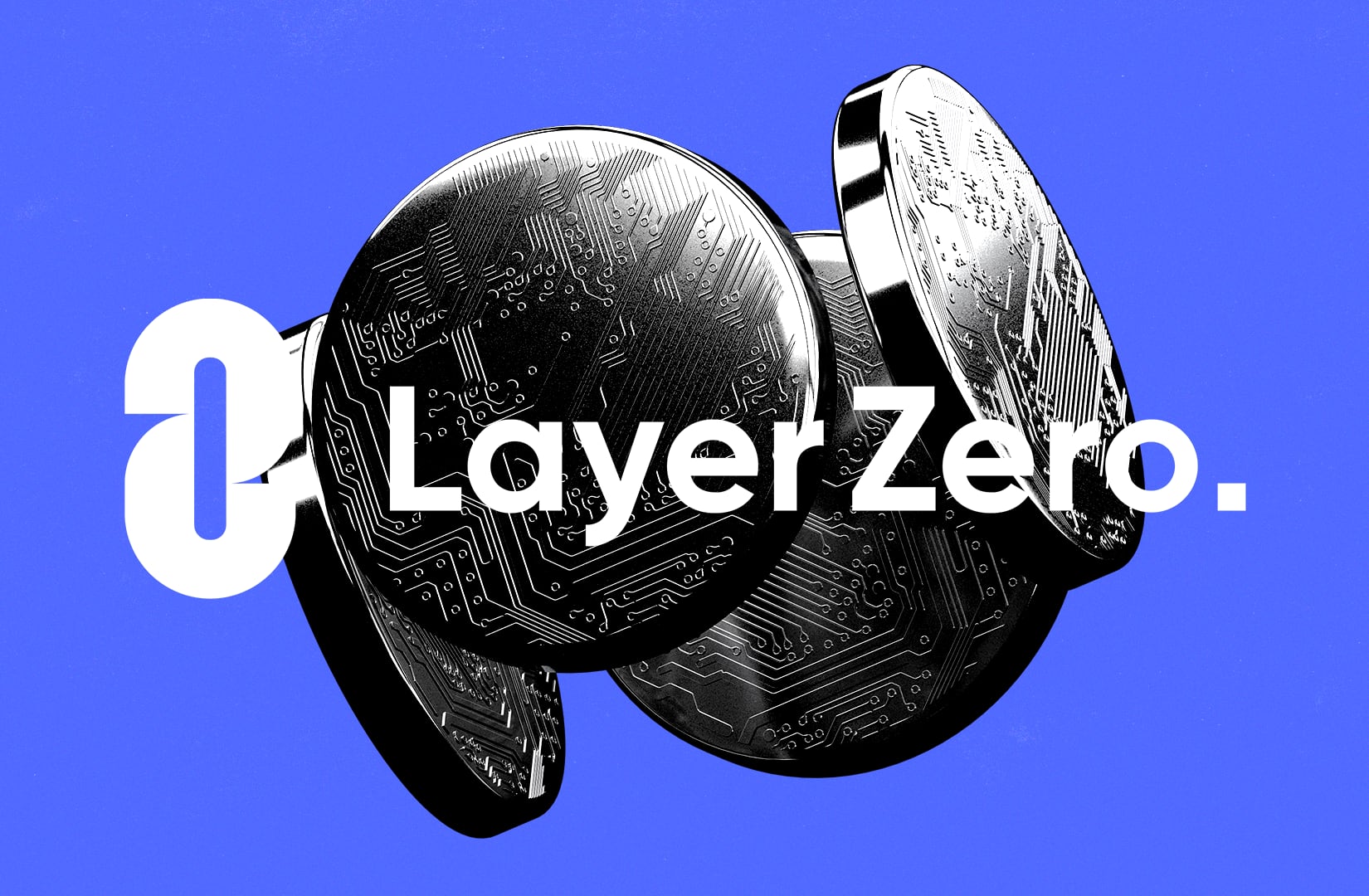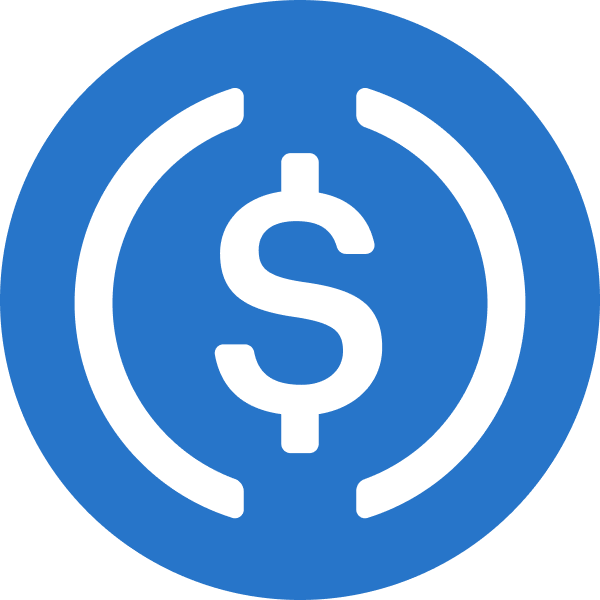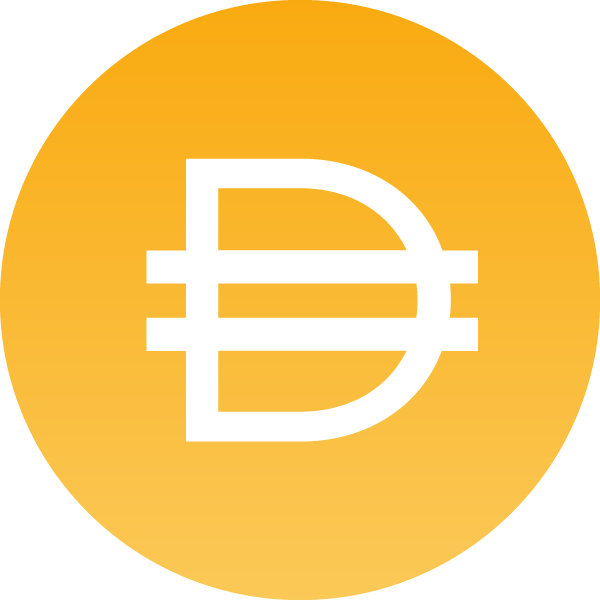What is the current price of Rocket Pool?
We update our Rocket Pool to AUD currency in real-time. Get the live price of Rocket Pool on Coinbase.
What is the market cap of Rocket Pool?
The current market cap of Rocket Pool is A$593.26M. A high market cap implies that the asset is highly valued by the market.
What is the all time high of Rocket Pool?
The all-time high of Rocket Pool is A$98.30. This all-time high is highest price paid for Rocket Pool since it was launched.
What is the 24 hour trading volume of Rocket Pool?
Over the last 24 hours, the trading volume of Rocket Pool is A$8.47M.
What other assets are similar to Rocket Pool?
Assets that have a similar market cap to Rocket Pool include eCash, Pendle, Frax, and many others. To see a full list, see our comparable market cap assets.
How many Rocket Pool are there?
The current circulating supply of Rocket Pool is 20 million.
Can I buy Rocket Pool on Coinbase?
Yes, Rocket Pool is currently available on Coinbase’s centralized exchange. For more detailed instructions, check out our helpful how to buy Rocket Pool guide.








































































